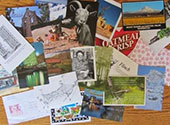 The eleventh annual August Poetry Postcard Festival is open for 2017 registration – closing July 18.
The eleventh annual August Poetry Postcard Festival is open for 2017 registration – closing July 18.
For you newbies, the August PoPo Fest goes like this: You sign up. You get a list of 31 names/addresses of other people who signed up. Starting late July, you write a poem a day on a postcard and mail it off to the next person on the list, so by the end of the month, you will have (hopefully) written and sent 31 poems and (hopefully) received 31 poems.
The poems are not supposed to be pre-written or something you’ve been working on for months. This is an exercise is the spontaneous, the demanding, the gut-driven, the postcard inspired – whatever it is that gets you to write once a day, each day, and send it off into the world.
Last year, poems from contributors were selected for publication in the 1st Poetry Postcard Fest Anthology, 56 Days of August, Poetry Postcards, to be published October 2017.
I’ve done this event since it began! I don’t always keep to a poem a day; sometimes I get ahead one day, or catch up another, with several poems in one day. But I try my best. The event gets me thinking of poetry in my every day, when I rarely have time for it, and writing it down – something I have time for even more rarely.
I’ve received poems from across the state, the country and around the globe. I’ve gotten postcards made from cereal boxes, some with gorgeous original artwork, and lots of the lovely tacky tourist cards from travel destinations. I have cards from “famous” poets, and some who have since become more famous, and some never signed, so I’ll never know, and it hardly matters. I’ve gotten poetry. Sent to me directly. From strangers. Lovely, strange, absurd, and funny. Poetry.
It’s an amazing event, and I hope you will take the challenge and join in this year. There is a nominal fee for the event ($10). I can only imagine the amount of work it is to run this (with 300+ people participating), and keeping up virtual space to promote it. I’m not dissuaded by the fee, knowing the extraordinary event that it is, and knowing I’ve spent 100 times that on conferences from which I’ve gotten a great deal less inspiration…anyone else?
So, please writers, wanna-bes and needs-a-kick-in-the-arsers, poetry lovers, postcard lovers – this event is for you. Join us! Registration ends July 18!

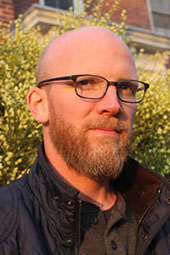 In the most recent issue,
In the most recent issue, 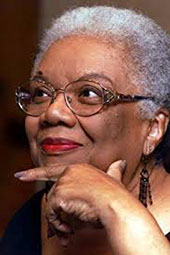 Second Look
Second Look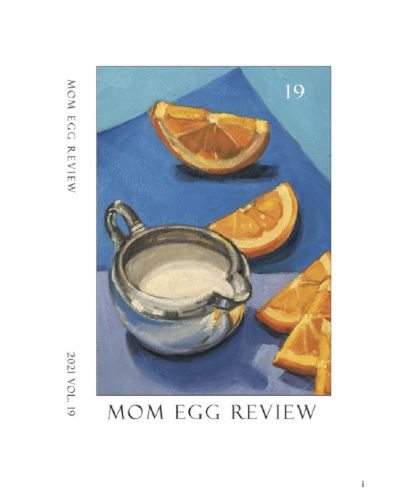
 From
From 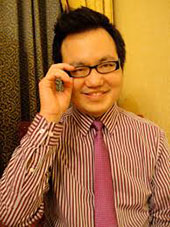 The July/August 2017 issue of
The July/August 2017 issue of 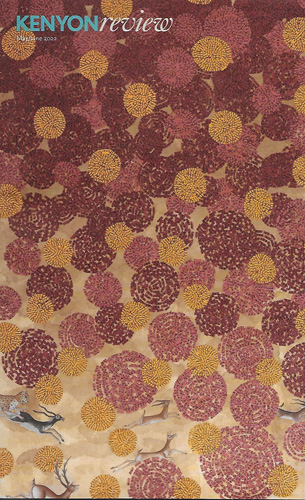 “Roaring Reading,” the July/August 2017 cover illustration by
“Roaring Reading,” the July/August 2017 cover illustration by 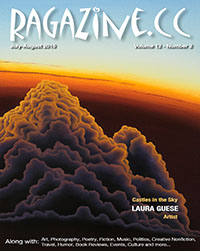 The cover of
The cover of 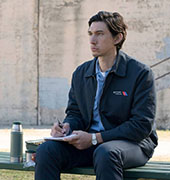 Thanks to
Thanks to 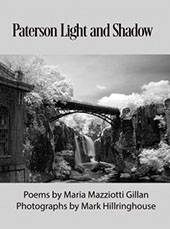 Some have described the movie as showing the creative process of poetry writing, but I’d say it more accurately reveals the kind of life poets live, with the process of writing poetry often inseparable from the day-to-day, moment-to-moment. And that is the beauty of what Jarmusch has created. He has absolutely nailed it in
Some have described the movie as showing the creative process of poetry writing, but I’d say it more accurately reveals the kind of life poets live, with the process of writing poetry often inseparable from the day-to-day, moment-to-moment. And that is the beauty of what Jarmusch has created. He has absolutely nailed it in 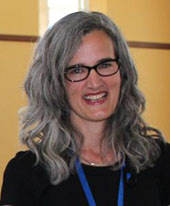 Are we still talking about our addiction to Facebook despite its evils? Apparently, yes, we still are, with
Are we still talking about our addiction to Facebook despite its evils? Apparently, yes, we still are, with 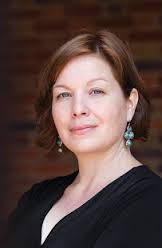
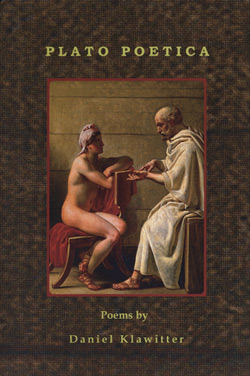 Loyal readers of NewPages book reviews may recognize a familiar name on the cover of Plato Poetica, the new poetry collection published by Kelsay Books in May 2017.
Loyal readers of NewPages book reviews may recognize a familiar name on the cover of Plato Poetica, the new poetry collection published by Kelsay Books in May 2017.
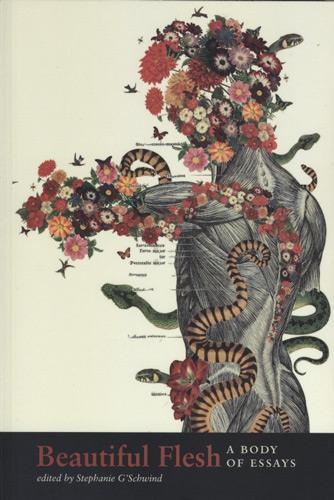 In May, the
In May, the  The Poetry Marathon
The Poetry Marathon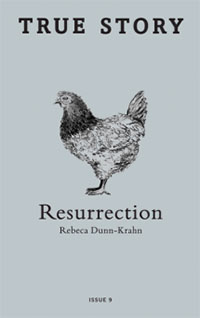 I simply can’t resist this chicken on Issue 9 of True Story,
I simply can’t resist this chicken on Issue 9 of True Story, 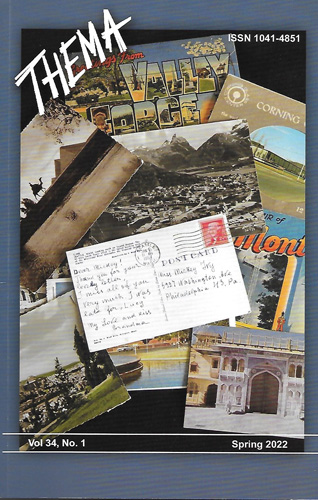 This
This  The eleventh annual
The eleventh annual 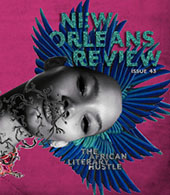 Issue 43 of
Issue 43 of 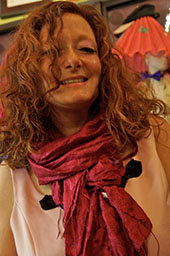 The Summer/Fall 2017 issue of
The Summer/Fall 2017 issue of  The most recent issue (17.1) of
The most recent issue (17.1) of  From the Smithsonian article “
From the Smithsonian article “ The Summer 2017 issue of
The Summer 2017 issue of  I planted an apple tree in memory
I planted an apple tree in memory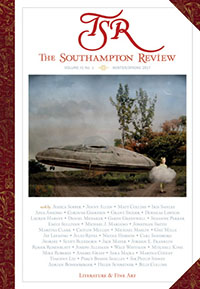 The Southampton Review
The Southampton Review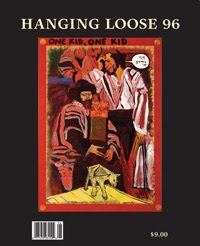 Hanging Loose
Hanging Loose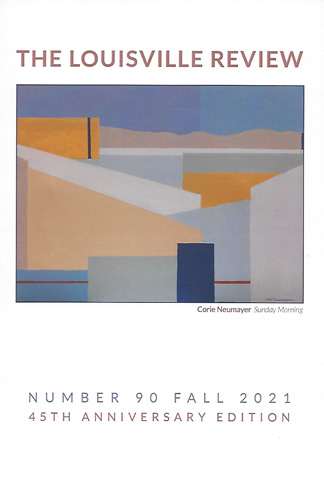 In celebration of
In celebration of 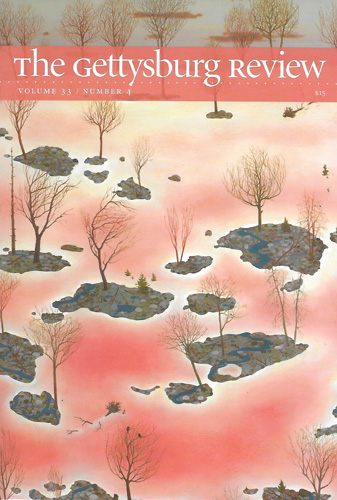 The Summer 2017 issue of
The Summer 2017 issue of  You have to take a close look at this detail from “Iron Horse” by
You have to take a close look at this detail from “Iron Horse” by 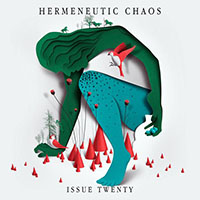 “Myth” by
“Myth” by